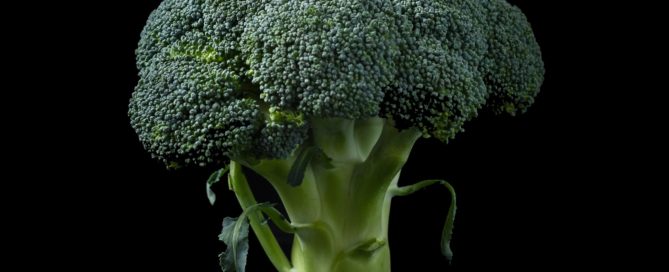Cow Dairy Intolerance: The Evidence
By: Dr. Kathleen Regan, ND Humans have been consuming cow dairy for thousands of years. In fact, a recent archaeological dig from Britain showed that prehistoric farmers were consuming dairy products as early as 6,000 years ago – despite being lactose intolerant! And we are still at it! Humans consume dairy in volumes despite it being linked to a number of problematic health issues such as diarrhea, constipation, dermatitis, eczema, respiratory conditions and more. Cow dairy offers a creamy, satiating food that is readily accessible. Its nutritional profile is noteworthy with 1 cup of 2% milk offering 8g of protein, 5g of fat, 30% of daily calcium requirement as well as naturally occurring Vitamin A and B6. However, despite this healthy profile, milk seems to cause a lot of problems for a lot of people. In Canada, close to 7% of the population report a food allergy. At the top of the list of reported food allergens is dairy with 2% of the Canadian population reporting an actual Cow’s Milk Allergy (CMA). This is the highest reported food allergen in Canada! Anecdotally, from my clinical practice, many patients speculate that dairy is a trigger for their health concerns. However, they are often told that ‘there is no evidence’ that milk or dairy-based foods is an inflammatory or immune-triggering food – and so they don’t eliminate dairy. I am always surprised to hear this as there is plenty of evidence that milk is problematic. Here are a few reasons why: […]










